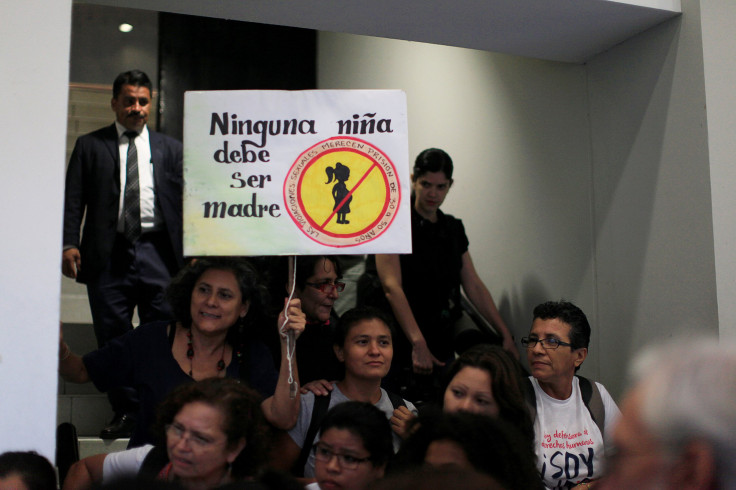Where Is Abortion Illegal? Brazil Decriminalizes Early-Pregnancy Terminations Amid Zika Virus Debate

Anti-abortion sentiment may be starting to shift in Latin America.
Brazil's Supreme Court this week decriminalized early-term abortions, overturning prison sentences for five ex-employees of a Rio de Janeiro abortion clinic on the grounds that terminating pregnancies within the trimester should not be considered a crime, according to teleSUR. The country previously prohibited abortion except in cases where the mother had been raped or her life was in danger.
But during a Tuesday hearing on the case, Judge Luis Roberto Barroso advocated for giving women the power to choose whether to terminate their pregnancies. Because a woman has to carry the baby, teleSUR reported he said "there will be full equality only if she is recognized as having the right to decide." Justices Rosa Weber and Edson Fachin joined him in voting in support of decriminalizing abortions in the first three months.
The decision made an immediate impact on the internet, where ONDDA notes the phrases "ABORTO SIM" and "#AbortoNao" trended for more than 15 hours.
The ruling came just a few weeks after the World Health Organization announced the Zika virus — which is spread by mosquitoes, affects pregnant women and can cause birth defects — was no longer considered a health emergency. Brazil was hit hard by the outbreak, triggering internal discussion about its abortion laws and an uptick in illicit procedures. The federal court was scheduled to debate the laws surrounding abortion and women with Zika on Dec. 7, Folha de S. Paulo reported.
Though an estimated 6.5 million women in Latin America and the Caribbean had induced abortions between 2010 and 2014, according to the Guttmacher Institute, Brazil isn't the only country with restrictive abortion laws. Exceptions for sexual assault and health crises aside, the procedure is illegal in places like Paraguay, Nicaragua, Colombia and Venezuela, according to the pro-choice organization Women on Waves.
Elsewhere, abortion is restricted in Ireland, Iran, Indonesia and the Philippines, according to U.S. News and World Report.
© Copyright IBTimes 2025. All rights reserved.






















